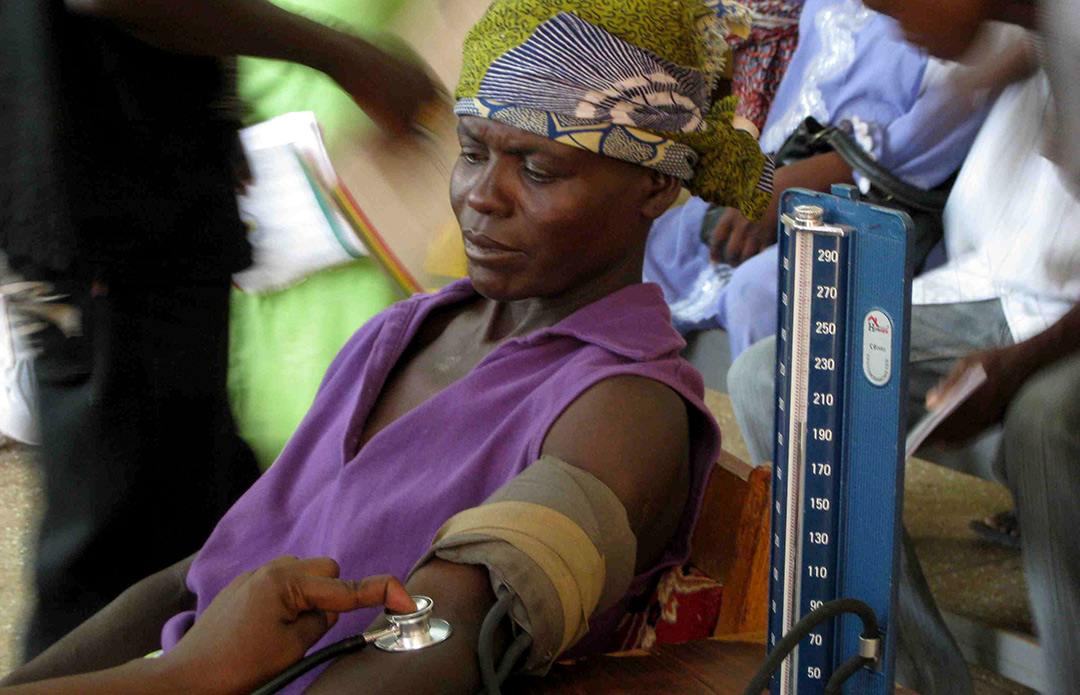
An new maternal health research project will pilot the use of self-blood pressure monitoring among expecting mothers in Ghana.
The initiative takes the same home-based technology that has become routine at Michigan Medicine in the wake of the COVID-19 pandemic and applies it in an entirely new setting, said principal investigator Emma Lawrence.
“The frequent prenatal visits in the third trimester are almost solely about checking blood pressure. At Michigan, since COVID it’s been really effective to have women check their BP at home,” said Lawrence MD, a Clinical Lecturer in Obstetrics and Gynecology. “The Fogarty project brings those aspects together.”
Her yearlong fellowship, funded through the NIH Fogarty International Center, will begin this summer. Fogarty fellowships provide funding for early-career physician scientists to engage in extended international research experiences. The next application period is expected to open in August.
Long used at Michigan Medicine for pregnancies considered high-risk, home-based blood pressure monitoring became the norm for most expecting mothers during the pandemic as more visits shifted to a telemedicine format. In Ghana, Lawrence’s project will test the feasibility of blood pressure monitoring for women at risk of hypertensive disorders, which account for 10-15% of maternal deaths is low-incoming countries.

Study participants will be trained on the basics of blood pressure (i.e., recognizing normal vs. abnormal ranges) and the health implications. They will be issued automatic blood pressure cuffs, instructed on their proper use, and asked to log their blood pressure once a day for four weeks. In cases where the high blood pressure levels are detected, participants will have access to a triage nurse line for real-time medical advice.
“Early detection is so important. We think that women who monitor their blood pressure at home will derive an immediate benefit, especially during times where, thanks to COVID, there are greater barriers to getting prenatal care,” Lawrence said.
Her 11-month project will be based at Korle Bu Teaching Hospital, a longtime Michigan Medicine partner institution in Accra. It builds on work Lawrence has conducted over the last two years as a global women’s health fellowship through the Michigan Medicine Ob-Gyn Department, studying medical management of preeclampsia as well as the patient experience for expecting mothers.
“Women in Ghana generally don’t have a lot of involvement in their own care, and we heard from women desire to be more involved in their own care,” Lawrence said. “So we anticipate a real benefit in terms of women being engaged in taking and understanding their blood pressure. It’s giving them agency in their care.”
